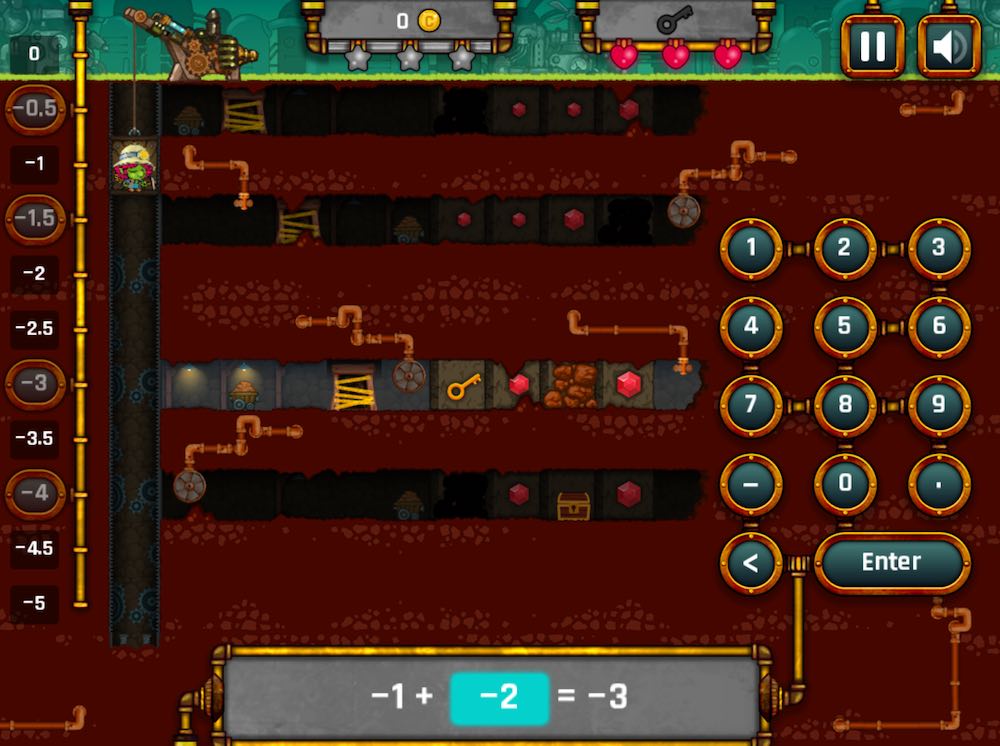The Importance of Keeping Maths Fun in Secondary Years: A Key to Reducing Dropout Rates
By Michelle Kueh
Published on Thu Oct 26 2023 00:00:00 GMT+0000 (Coordinated Universal Time)
Mathematics is often considered a cornerstone of education, providing essential skills that extend beyond the classroom and into adulthood. Yet, somewhere along the educational journey, many students begin to feel disconnected from this vital subject. The solution to this issue lies in maintaining an element that is often underestimated: fun. As students transition into their secondary years, it becomes crucial to ensure that mathematics learning remains enjoyable. Doing so not only reduces the dropout rate but also sustains a positive trajectory from primary school, fostering essential cognitive skills and problem-solving abilities.
1. Fostering Continuity and Engagement
The transition from primary to secondary school marks a critical juncture in a student's educational journey. The positive attitude towards mathematics often established in primary school should continue, and even grow stronger. When learning is fun and engaging, students are more likely to remain enthusiastic about the subject. A positive connection with mathematics from an early age increases the likelihood of students staying engaged and committed to their studies.
Check out this game – Minus Miners on Mangahigh, where students learn addition and subtraction of negative numbers.

2. Neurological Benefits of Enjoyable Learning
Fun learning experiences release neurotransmitters like dopamine and serotonin in the brain. These chemicals play a crucial role in memory formation, making connections, and enhancing motivation. By infusing enjoyment into mathematics education, students not only remember concepts better but also associate positive emotions with the subject. This emotional connection helps them approach mathematics with confidence and curiosity, paving the way for more effective learning.

3. Building Crucial Problem-Solving Skills
Mathematics is not just about numbers; it's about solving problems and making connections between various concepts. A fun learning environment encourages students to approach problems with a positive mindset. When they associate mathematics with enjoyment, they are more likely to develop the critical thinking skills necessary for breaking down complex problems. These problem-solving abilities extend beyond the classroom and into real-world scenarios, proving invaluable in various aspects of adult life.
4. Games-Based Learning: A Path Forward
One effective approach to keeping mathematics enjoyable and engaging in the secondary years is through games-based learning. Platforms like Mangahigh offer an array of secondary mathematics games that make learning an interactive and enjoyable experience. These games challenge students while keeping them entertained, promoting a deeper understanding of mathematical concepts and their practical applications.
In conclusion, the journey of mathematics from primary school to adulthood should be a continuous, enjoyable, and engaging one. By maintaining a sense of fun and positivity in mathematics learning during the secondary years, educators can reduce dropout rates and nurture essential cognitive skills. Creating an environment where students can experience the joy of learning mathematics ultimately equips them with problem-solving abilities that extend well beyond the classroom. Platforms like Mangahigh provide exciting avenues for secondary students to stay connected to mathematics, ensuring a brighter future enriched with mathematical knowledge and confidence. So, let's embrace the power of enjoyment and pave the way for a generation that not only excels in mathematics but also carries its benefits throughout life.
